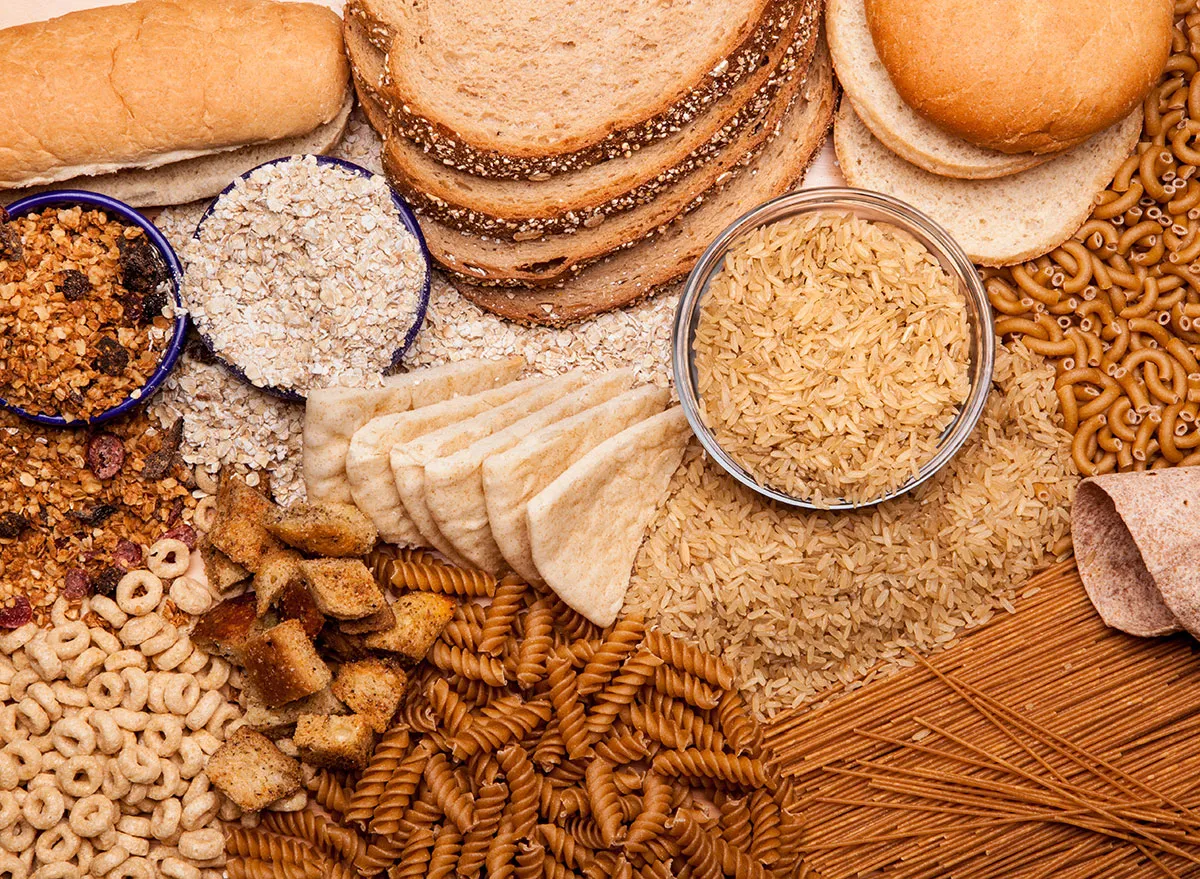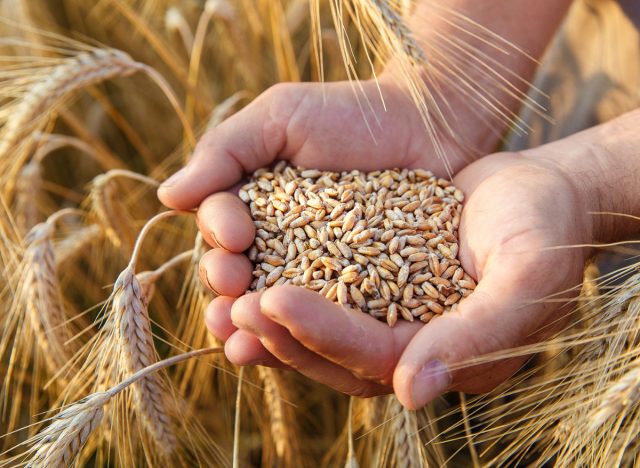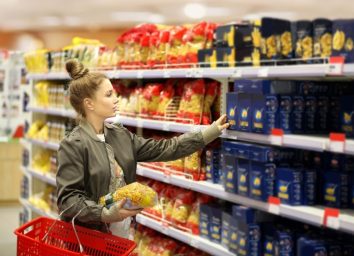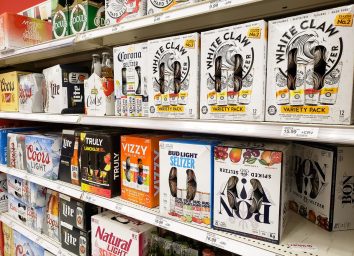The Global Food Supply Is Decreasing, Experts Say

The end of the shortages, price hikes, and low supply problems at grocery stores and supermarket chains may not be gone anytime soon, as the global food supply is still suffering. In fact, experts are saying that these issues may not go away… for years.
The world's food industry was seeing problems arise two years ago, even before the pandemic, thanks to climate issues. Fast-forward to now, and issues like inflation and politics are only wreaking more havoc on an already shaky operation.
For instance, Russia invading Ukraine at the end of February has led to farmers in the country, known as the "breadbasket of the world," halting their production of wheat products. According to Reuters, Ukrainian farmers say they can't get enough fertilizer or power to tend to their crops. This means small harvests of wheat—the main ingredient in bread, pasta, and other grocery items—could cause even more shortages in the months to come.
What's more, food companies around the world are still trying to get their manufacturing plants back to normal post-COVID, but the slow return, the World Bank says, is a "significant concern" for many low- and middle-income countries, plus countries facing high inflation prices.

Finally, climate change has had a huge impact on the global food supply for years, and the effects are becoming dire. The United Nations has warned: "In the next 30 years, food supply and food security will be severely threatened if little or no action is taken to address climate change and the food system's vulnerability."
By 2050, the UN says food production needs to go up by 60%. But, with these unpredictable events causing interruptions and climate change causing natural disasters, "intervention is a must."
For now, grocery shoppers will continue to see empty shelves and more costly staples. With inflation rising to 8.6%, five food items, in particular, are more expensive than ever.









